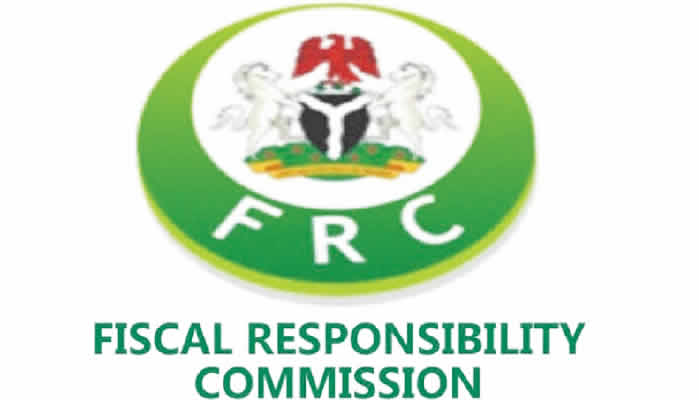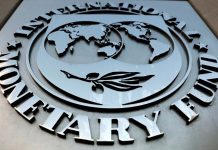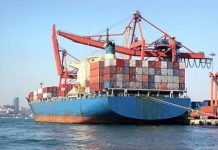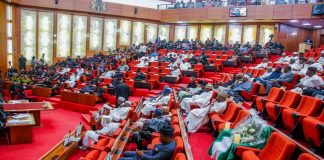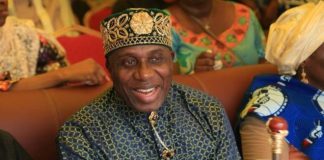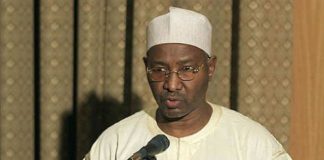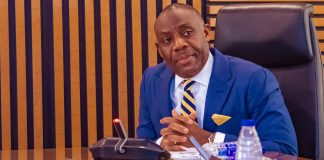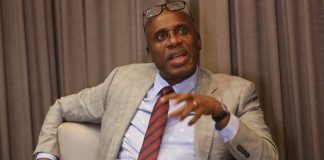🌿 Ruzu Non-Alcoholic Herbal Bitters
Ruzu Non-Alcoholic Herbal Bitters is a natural health supplement specially formulated to:
- ✅ Promote general wellness
- ✅ Detoxify the body
- ✅ Support the treatment of various ailments
Made from a powerful blend of 100% organic and medicinal herbs, Ruzu is completely alcohol-free, making it ideal for:
- 👪 All age groups
- 🌱 Health-conscious individuals
- 🌿 Anyone seeking non-alcoholic herbal remedies
Whether you're looking to boost your vitality, cleanse your system, or support healing the natural way, Ruzu Bitters offers a trusted herbal solution.
Nigeria, according to the Financial Reporting Council (FRC), does not meet current criteria for being classified as a hyperinflationary economy.
Local businesses will not use the international accounting standard (IAS) 29 in their 2024 financial reports, according to a statement released by Rabiu Olowo, the CEO of the FRC, on Wednesday.
A system of regulations known as the IAS governs financial reporting.
“The FRC evaluated Nigeria’s economy using the five indicators in ‘IAS 29: Financial Reporting in Hyperinflationary Economies’ and determined that the standard does not apply,” Olowo added.
Read Also: NLC Slams 50% Telecom Tariff Increase as ‘Assault on Workers’ Welfare
The IAS 29 defines accounting standards for hyperinflationary economies, he clarified, citing signs including pricing in stable currencies, reliance on non-monetary assets, and a cumulative three-year inflation rate that approaches or surpasses 100 percent.
In his summary of the five IAS 29 indications, the CEO claimed that Nigeria did not meet the majority of the requirements.
“The majority of people would rather hold their wealth in non-monetary assets or in a foreign currency that is comparatively stable,” he indicated.
The local currency that is held is promptly invested in order to preserve purchasing power.
People generally think about money in terms of a comparatively stable foreign currency rather than the local currency. You can quote prices in that currency.
Even in the case of a brief credit duration, sales and purchases made on credit are made at prices that offset the anticipated decline in purchasing power.
“Price indexes are linked to interest rates, wages, and prices.”
Nigeria, however, satisfies the indication for a three-year cumulative inflation rate that is close to or higher than 100%, according to Olowo.
By operationalizing the Dangote refinery as well as the Port Harcourt and Warri refineries, he claimed, Nigeria’s economic prospects would improve and inflation would be lessened.
The improved trajectory would also be supported by import policies, agricultural initiatives, increasing crude oil output, and structural improvements, according to the FRC.
“If necessary, the FRC will keep an eye on economic developments and revise its position for the 2025 fiscal year,” Olowo continued.

